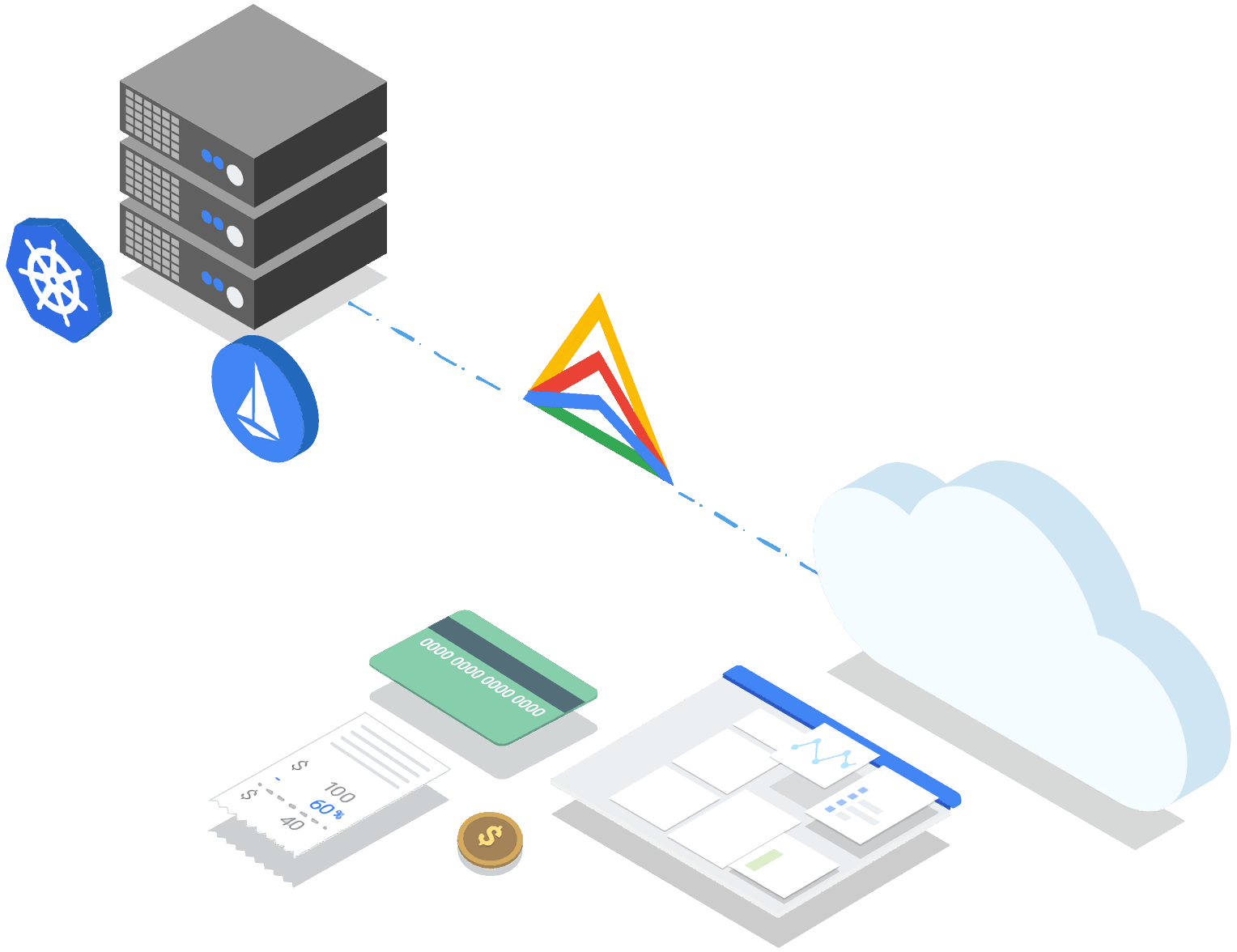In context: Let's be honest. It's not the easiest spot to be in. A fairly distant third place in terms of market share with some serious overhanging concerns regarding trust and privacy. Yet, that's exactly where Google Cloud Platform (GCP) stands in relation to Amazon's AWS and Microsoft's Azure as they launch their 2019 Cloud Next event under the helm of Thomas Kurian, a new leader brought in to increase their business in this very competitive, yet extremely important market of cloud service providers (CSPs).
Long seen as a technology leader, Google faces the challenge of proving that they can be a good business partner as well, particularly in the enterprise market. Having had an opportunity to discuss the GCP strategy with Kurian, it's clear he's very focused on doing exactly that. Likely due in no small part to his long-time experience at Oracle, the new GCP President is bringing a number of basic, but essential "blocking and tackling" type of enhancements to the business. Included among them are easing contract terms, significantly building out their sales force and go-to-market efforts, simplifying pricing, and taking other steps that are designed to position the company as the kind of potential partner with whom even traditional businesses could be comfortable.
But it takes more than just basic business process improvements to make a splash in the rapidly evolving cloud computing market. And that's exactly what the company did today with their new product announcements at Cloud Next, particularly in the red-hot area of multi-cloud with their new Anthos managed service offering.
Many businesses have been eager to have the ability to migrate their applications, particularly as concerns about lock-in with specific CSPs has served as a deterrent for further cloud adoption. By leveraging the Google-developed but open source Kubernetes container technology, along with a number of other enterprise-ready open source tools, Anthos offers a surprising flexible way to shift workloads from either AWS or Azure to GCP, and even lets companies move in the opposite direction if they so choose. Google also purchased a company called Velostrate last year that lets legacy applications wrapped in virtual machines get repackaged into containers that can also work with Anthos.
While Anthos isn't specifically designed to be a migration tool-it's a common platform that extends across on-premise and multi-clouds so that workloads can be run in a consistent manner across them---the ability to migrate is an important outcome of that consistency. Given the many differences in the PaaS (Platform as a Service) offerings from the various cloud providers, the seemingly simple step of migration actually requires a great deal of technological know-how and software developments to make work.
Thankfully, however, that is all hidden from software developers, as Google's new tools are designed to let enterprise developers make the transition without any changes to their existing code. More importantly, from a psychological perspective, this freedom to move back and forth across platforms can help build trust in Google's efforts, because it explicitly avoids (and even breaks) the lock-in issues that many companies have faced until now. In addition, it shows Google has a great deal of confidence in their own offerings, as this theoretically could be used to simply move away from GCP to other platforms. Instead, it highlights that Google now believes they can be extremely competitive on many different fronts. Plus, given the reality that GCP is likely a company's second, or even third, cloud platform choice, the ability to use Anthos to move across platforms is a practical, and yet still strategic, advantage.
Another key benefit of the Anthos technology is the ability to see and manage applications across multiple cloud providers, as well as internally, on any private clouds via a single pane of glass. Once again, this capability gives more flexibility to organizations that are still working through their hybrid and multi-cloud strategies. In fact, in the near term, hybrid cloud environments will be the first to benefit because, while Google announced and demonstrated support for multiple cloud platforms, no specific dates were given as to when those capabilities will be generally available.
Even with these technology advancements, as well as the business process improvements, Google is still in a challenging market situation, particularly with regard to potential trust issues. While the company provided several compelling examples at their Cloud Next keynote of customers that are using the technology---and even talked about the trust several of those customers specifically said they had in Google protecting their data---the general perceptions are still a concern. Kurian acknowledged that as well but pointed out that the company is taking extraordinary steps to ensure the privacy and security of customers' data, even to the point of logging any and all interactions that Google's employees have with customer data (and requiring written permission to do so in the first place). Those kinds of policies are clearly important, but building trust often takes time, so Google will have to be patient there.
Thankfully, however, they are active participants in a market that demands fast technological advancements, and there is little doubt the company has the capabilities to deliver on that front. The cloud computing market continues to evolve at an extremely rapid pace, and Google's large cloud competitors will likely react to the news with additional announcements of their own. Still, it's clear that GCP is moving away from a purely technology-driven offering to one that's increasingly cognizant of real-world customer needs, and that's definitely a step in the right direction.
Bob O'Donnell is the founder and chief analyst of TECHnalysis Research, LLC a technology consulting and market research firm. You can follow him on Twitter @bobodtech. This article was originally published on Tech.pinions.
